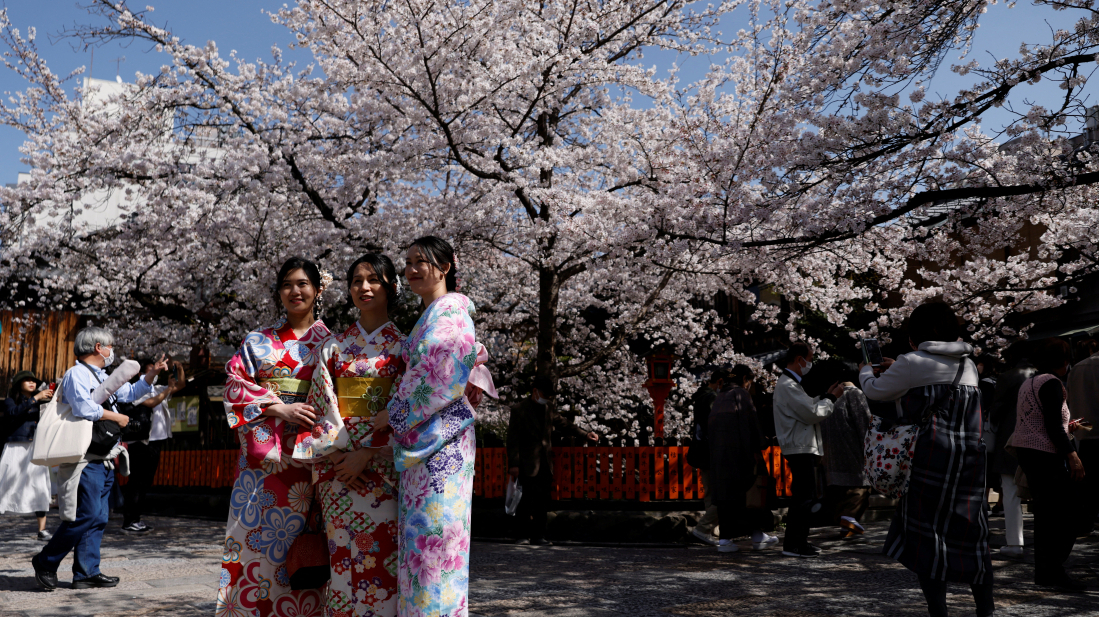Prime Minister Carney announces new Chief Trade Negotiator to the United States
The Prime Minister, Mark Carney, announced on 16 February that the Honourable Janice Charette has been appointed as the next Chief Trade Negotiator to...

Japan will end tax-free shopping for foreign visitors in November 2026 and before that, it will introduce dual pricing, visa pre-approval, and visitor caps at major attractions this year, according to official announcements and media reports.
The changes are part of a broader effort by Japan to address overtourism and preserve cultural and environmental sites, according to the Japan National Tourism Organization (JNTO).
Under the revised system, tourists will no longer benefit from point-of-sale tax exemptions. Instead, from 1 November 2026, they will pay consumption tax up front and be eligible for a refund at designated airport counters, the JNTO said in an official update published earlier this year.
In addition, a new dual pricing model is set to roll out in 2025, under which foreigners will pay higher entry fees than domestic visitors at museums, temples, ski resorts, and amusement parks. Some theme parks already charge international guests 25% more, according to Essential Japan, a travel and policy news site.
Japan’s Ministry of Justice is also preparing to introduce a Japan Electronic System for Travel Authorization (JESTA) visa system, which would require travellers from visa-exempt countries to obtain online pre-approval before entering the country. According to TravelPirates, citing official government plans, the system is scheduled for implementation by fiscal year 2028, with preparatory steps beginning in 2025.
Meanwhile, Mount Fuji has introduced a cap of 4,000 hikers per day, with a mandatory ¥2,000 fee ($13.6) per visitor, as part of new access restrictions aimed at limiting environmental damage. The measure was reported by International Traveller in July 2024.
U.S. Ambassador to NATO Matthew Whitaker said China has the power to bring an end to Russia’s war in Ukraine, arguing that Beijing is enabling Moscow’s military campaign.
Austria’s Janine Flock won the gold medal in the women’s skeleton event at the Milano-Cortina 2026 Winter Olympics on Saturday.
Iran’s Supreme National Security Council Secretary Ali Larijani said the United States could evaluate its own interests separately from those of Israel in ongoing negotiations between Tehran and Washington.
U.S. Secretary of State Marco Rubio on Sunday (15 February) called it “troubling” a report by five European allies blaming Russia for killing late Kremlin critic Alexei Navalny using a toxin from poison dart frogs.
Israel’s National Guard is preparing to deploy drones capable of firing tear gas at Palestinians in the occupied West Bank, including East Jerusalem, as part of security preparations ahead of the Muslim holy month of Ramadan, Israeli Channel 12 reported on Saturday.
Spain’s rail network faces a three-day shutdown this week as the Semaf union protests safety failures following fatal accidents in Adamuz and Catalonia.
Winter weather has brought air travel in the German capital to a complete halt, stranding thousands of passengers as severe icing conditions make runways and aircraft unsafe for operation and force authorities to shut down one of Europe’s key transport hubs.
Air China has announced that it will operate around 70,000 flights during the 2026 Spring Festival travel rush, as China prepares for another surge of holiday travel during its most important annual celebration.
Rome has begun charging tourists 2 euros to step down to the Trevi Fountain’s basin area, a measure aimed at easing overtourism and funding maintenance.
American Airlines plans to resume flights to Venezuela for the first time in more than six years, pending government approval and security assessments. The move follows recent developments involving U.S. military action in the country, the airline said on Thursday (29 January).
You can download the AnewZ application from Play Store and the App Store.

What is your opinion on this topic?
Leave the first comment